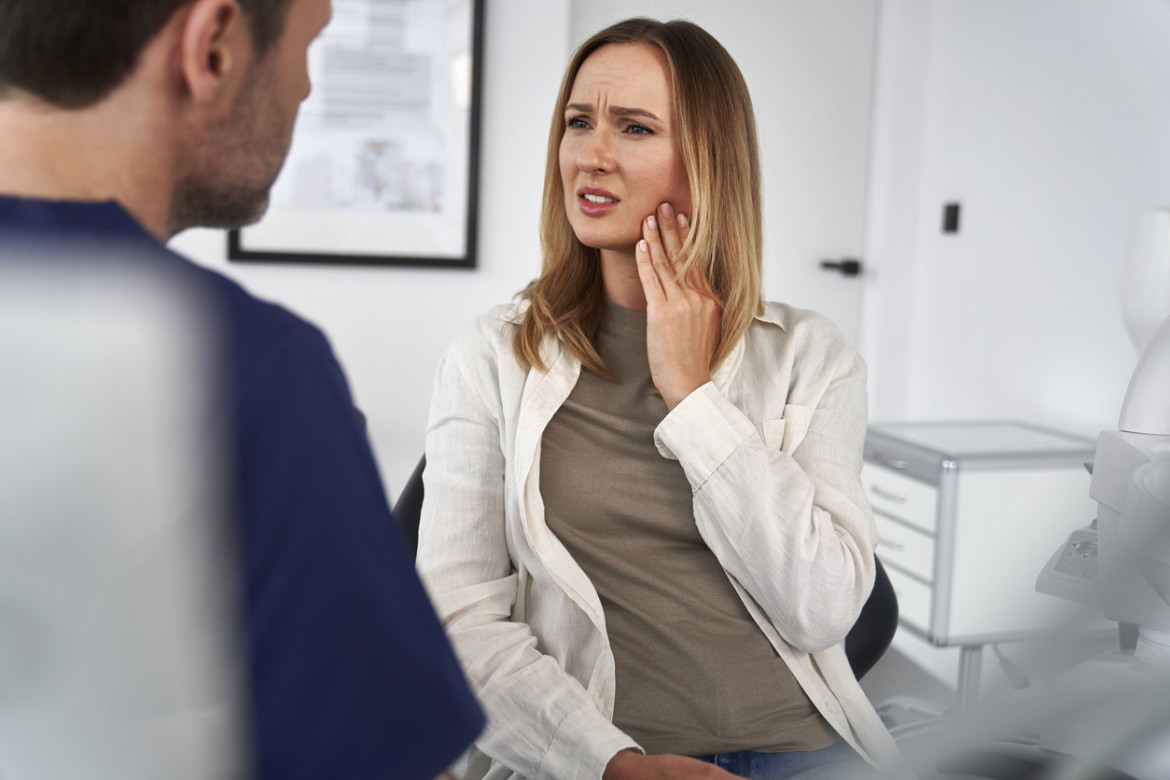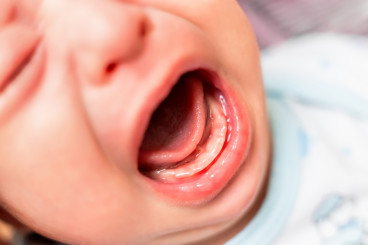Teeth Grinding - Risks of Untreated Nocturnal Bruxism
Nocturnal teeth grinding, or bruxism, is more than just an annoying habit. This comprehensive guide explores the serious health risks of untreated teeth grinding, from dental damage to chronic pain. Discover expert insights into prevention, treatment options, and smart ways to manage care costs.

Silent but destructive, teeth grinding affects approximately 10% of adults during sleep. This unconscious habit, medically known as nocturnal bruxism, can lead to serious oral health complications when left untreated. Understanding the risks and implications of prolonged teeth grinding is crucial for maintaining both dental and overall health.
The most immediate impact of untreated teeth grinding manifests in physical damage to the teeth. Persistent grinding gradually wears down tooth enamel, eventually exposing the sensitive dentin beneath. This wearing process can create flat, sharp, or chipped teeth, and may even lead to loosening or cracking of dental structures. Existing dental work, including crowns and fillings, becomes particularly vulnerable to damage. In severe cases, chronic grinding can accelerate tooth decay and ultimately result in tooth loss.
Beyond dental surfaces, chronic teeth grinding places excessive stress on the temporomandibular joint (TMJ). This crucial joint, responsible for jaw movement, can develop disorders known as TMD when subjected to prolonged grinding pressure. Individuals may experience chronic jaw pain, limited movement, and distinctive clicking or popping sounds when opening their mouth. These symptoms often progress to create difficulties with basic functions like chewing and speaking, sometimes even resulting in temporary jaw locking.
The risks of bruxism
The consequences of untreated bruxism extend far beyond oral health. Many sufferers develop chronic headaches and migraines, while others experience persistent neck and shoulder pain. The condition frequently leads to ear pain and tinnitus, disrupted sleep patterns, and facial pain accompanied by muscle tension. These physical symptoms often contribute to increased stress and anxiety levels, creating a troubling cycle as stress itself can exacerbate teeth grinding.
Long-term health risks become increasingly severe when bruxism remains unaddressed. Permanent tooth damage may eventually require extensive restoration procedures. Many individuals develop chronic pain conditions that affect their daily lives, while others struggle with ongoing sleep disorders. The combination of chronic pain and sleep disruption can lead to mental health challenges, and some people even develop digestive problems due to compromised chewing abilities. These issues can have significant social and professional impacts, affecting both appearance and overall well-being.
What contributes to bruxism?
Understanding the contributing factors helps in addressing the condition effectively. While stress and anxiety are common triggers, sleep disorders and misaligned teeth or bite problems can also play significant roles. Certain medications may increase the likelihood of grinding, as can lifestyle factors such as caffeine consumption, alcohol use, and smoking. Some individuals may experience bruxism as a symptom of underlying neurological conditions.
Early recognition of warning signs is crucial for preventing severe complications. Morning jaw pain or stiffness often serves as an initial indicator, frequently accompanied by headaches upon waking. Partners may report hearing grinding sounds during sleep, while individuals themselves might notice increased tooth sensitivity or tired jaw muscles. Face, neck, or shoulder pain can also signal ongoing grinding issues.
Find professional treatment for bruxism
Professional intervention remains essential for proper treatment of bruxism. Custom-fitted night guards provide physical protection against grinding damage, while dental corrections may address underlying bite issues. Many healthcare providers recommend combining physical solutions with stress management techniques and improved sleep hygiene practices. Some individuals benefit from muscle relaxation exercises or behavioral therapy to address root causes of grinding.
The financial implications of treating bruxism-related damage can be significant, encompassing not only immediate protective measures but also potential long-term dental repairs and restoration work. Regular dental check-ups become crucial for monitoring the condition, while some cases may require orthodontic intervention or ongoing pain management treatments.
When teeth grinding begins to affect daily life through chronic pain, reduced sleep quality, or difficulties with speech and eating, professional evaluation becomes necessary. Early intervention can prevent serious complications and reduce long-term health impacts, making regular dental check-ups essential for identifying signs of bruxism before significant damage occurs.
ADA Codes relevant to teeth grinding and bruxism
Here you can find a list of related ADA codes, which can help you narrow down your required dental procedure to treat bruxism:
D7880 - Occlusal orthotic device, by report (TMJ appliances)
D9940 - Occlusal guard, hard appliance, full arch
D9944 - Occlusal guard, hard appliance, full arch
D9945 - Occlusal guard, soft appliance, full arch
D9946 - Occlusal guard, hard appliance, partial arch
D7881 - Occlusal orthotic device adjustment
D9952 - Occlusal adjustment, complete
Find affordable dental care to fix bruxism with Dr. BestPrice
Don't let teeth grinding compromise your health or budget. Visit the Dr. BestPrice Dental Auction Site to find affordable dental care solutions near you. Compare prices, access dental savings, and discover budget-friendly treatment options from qualified providers. Start protecting your smile while maximizing your dental treatment savings today!



